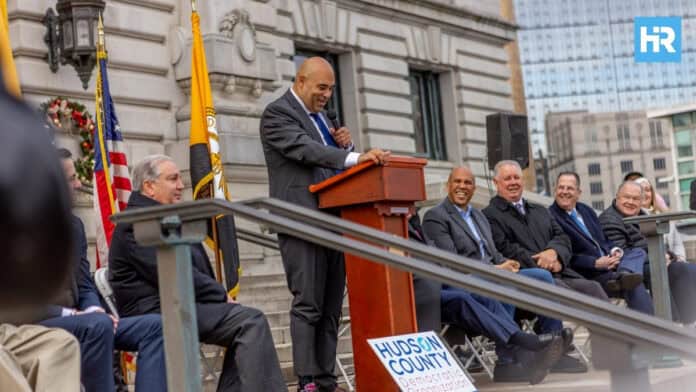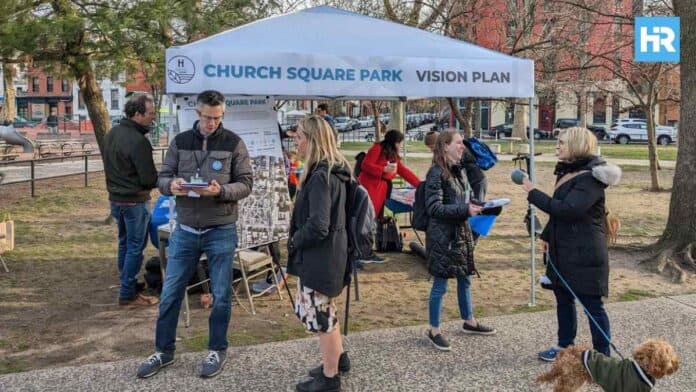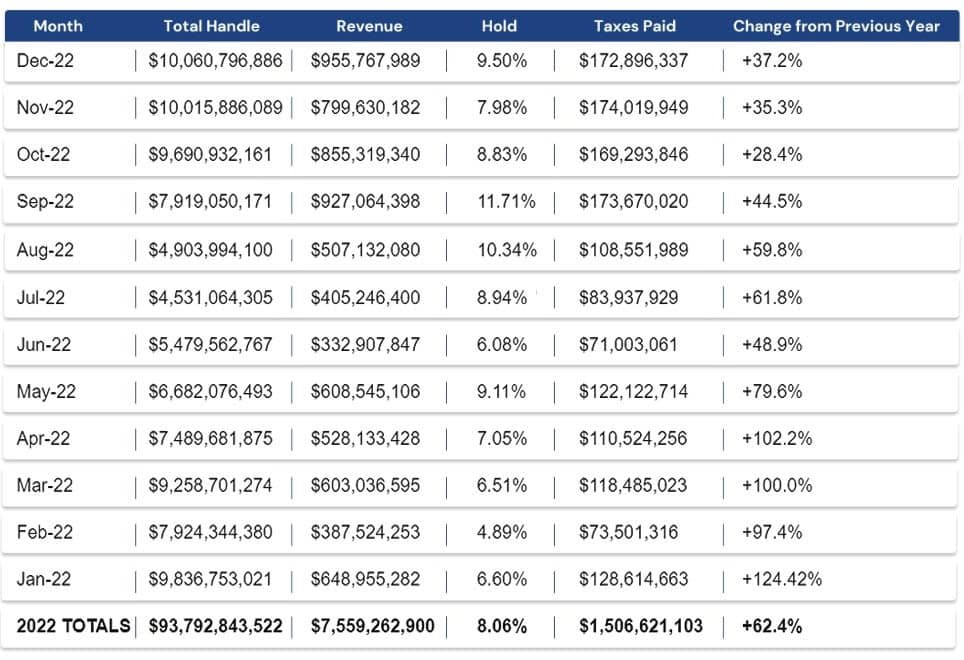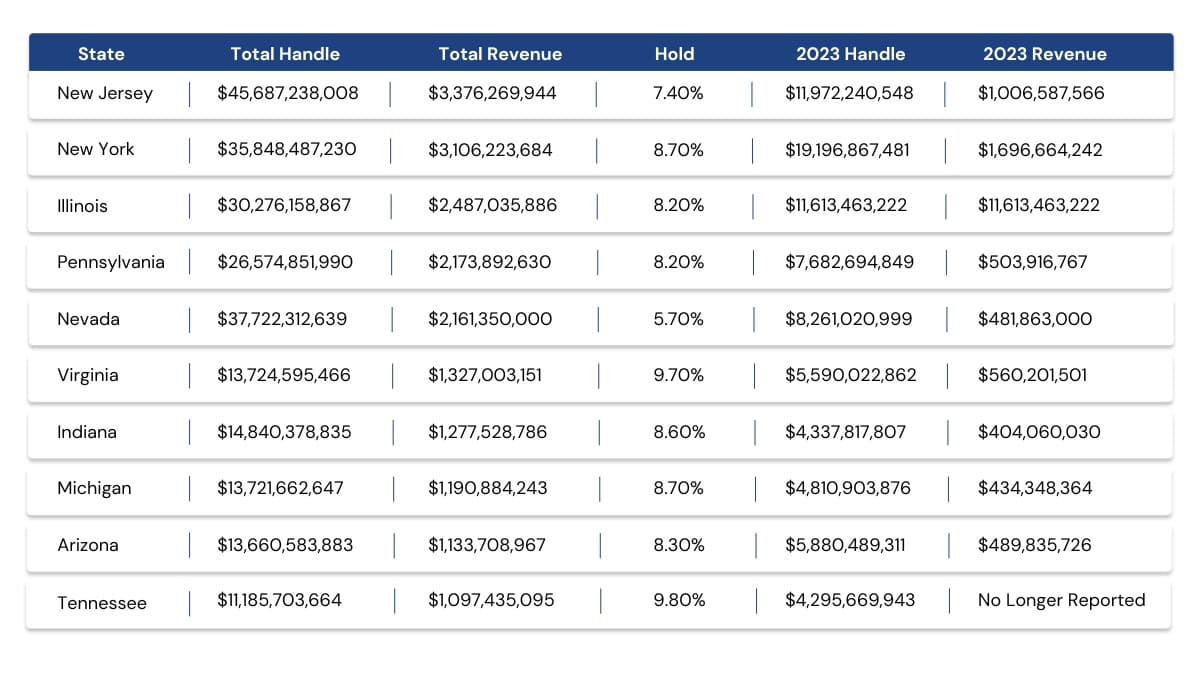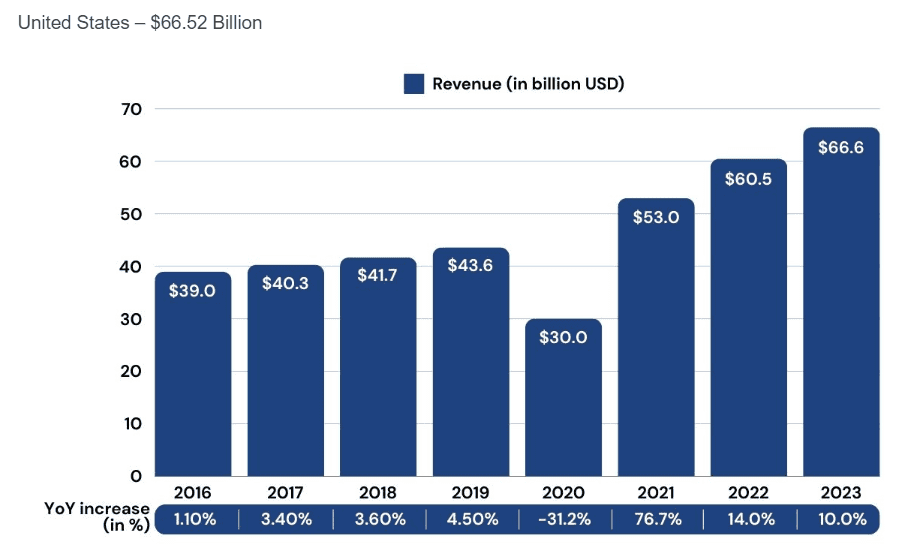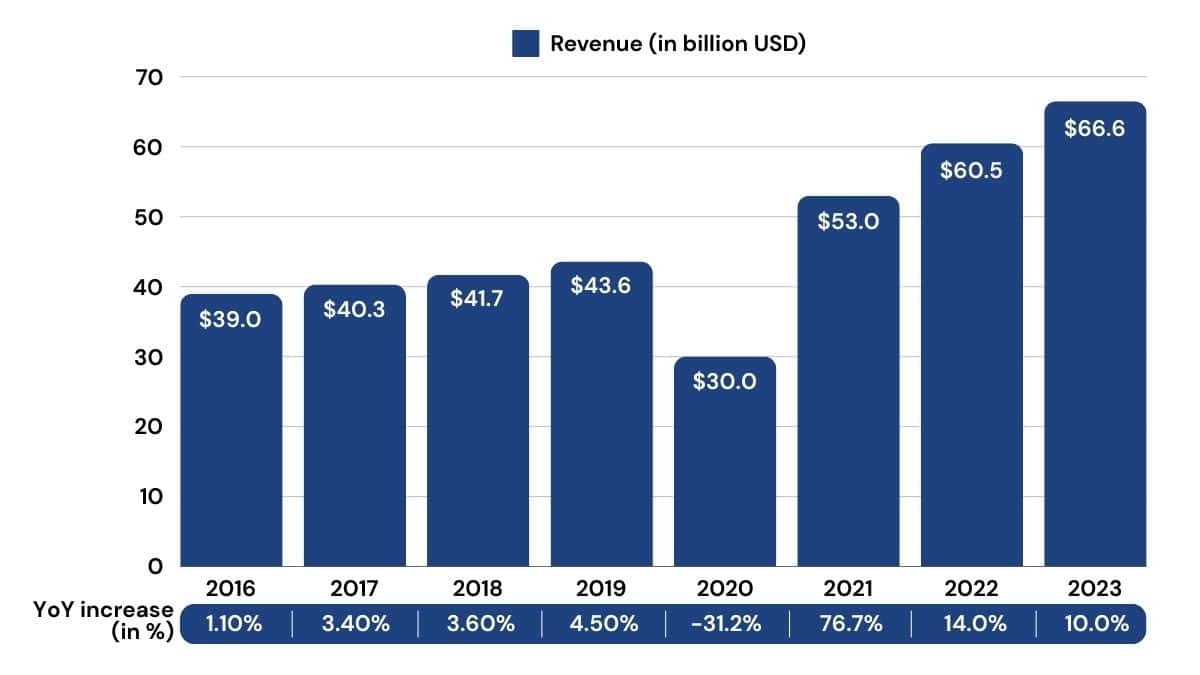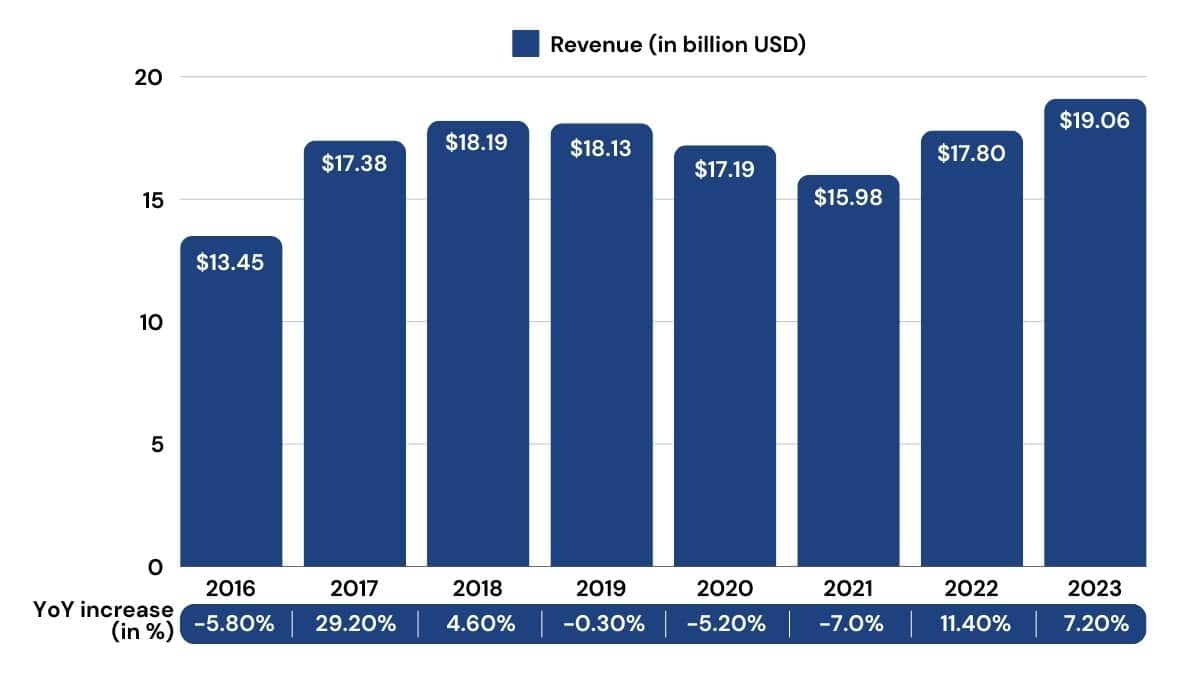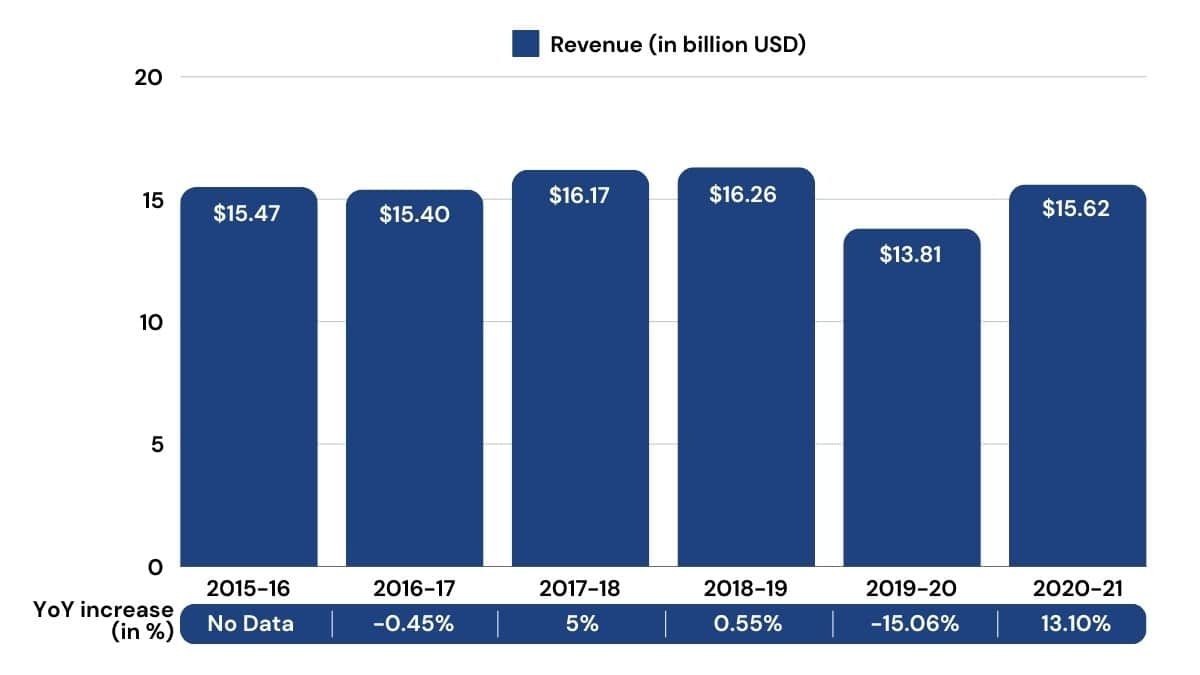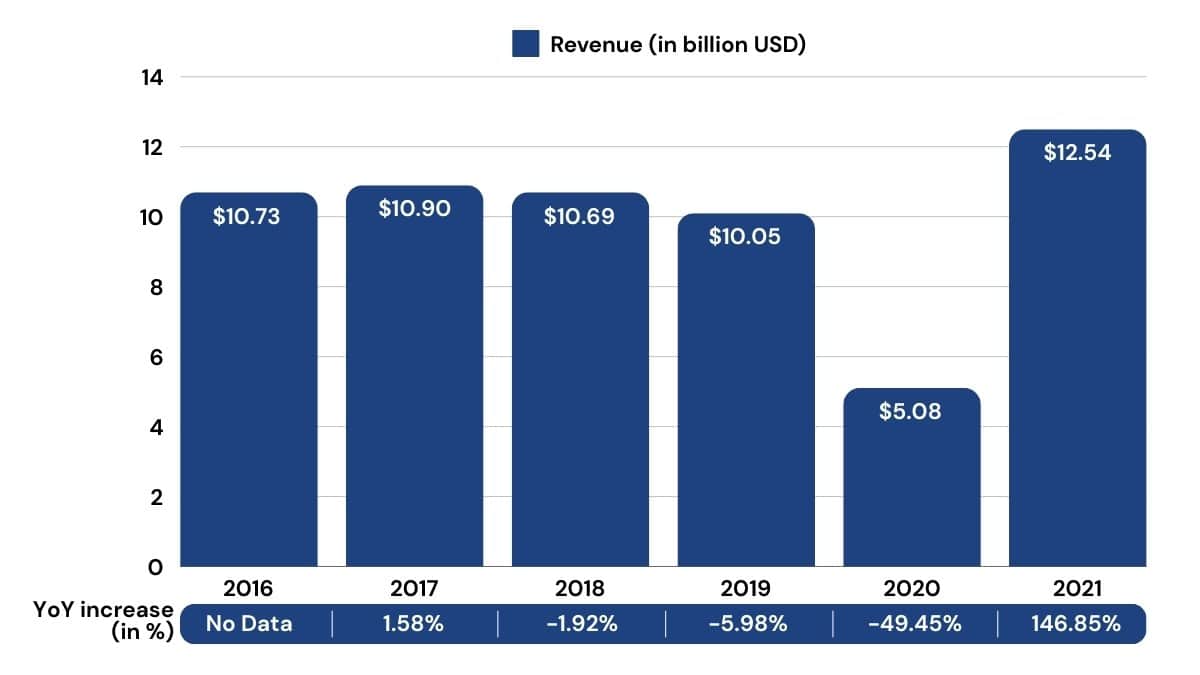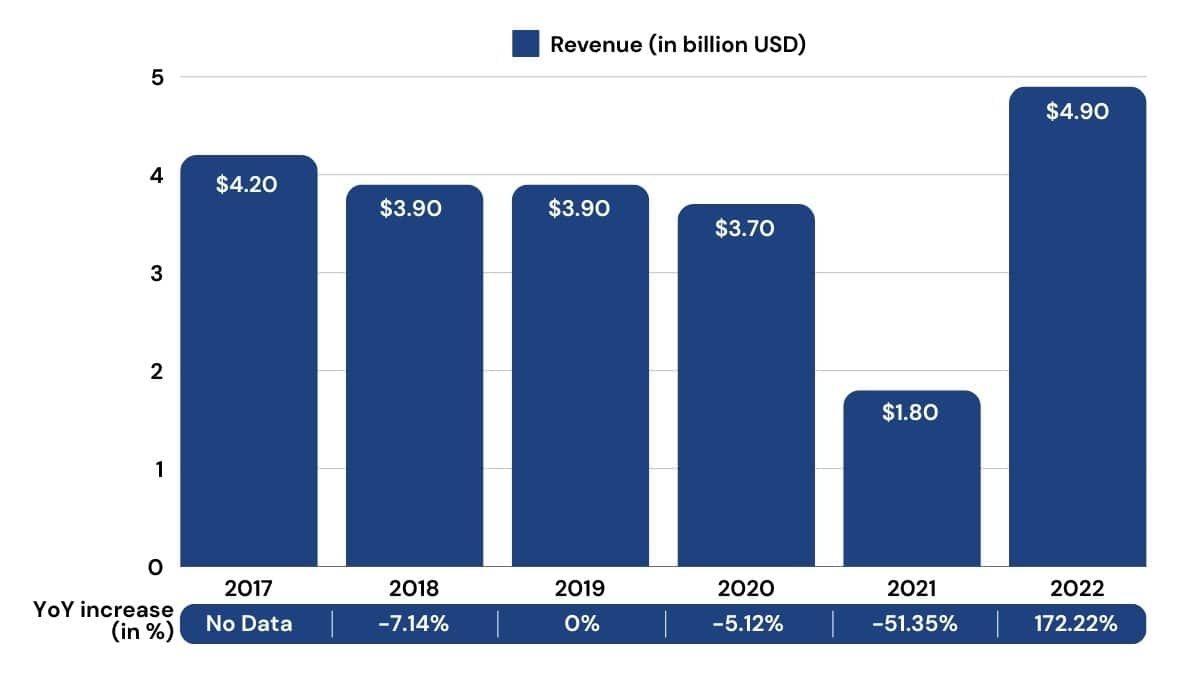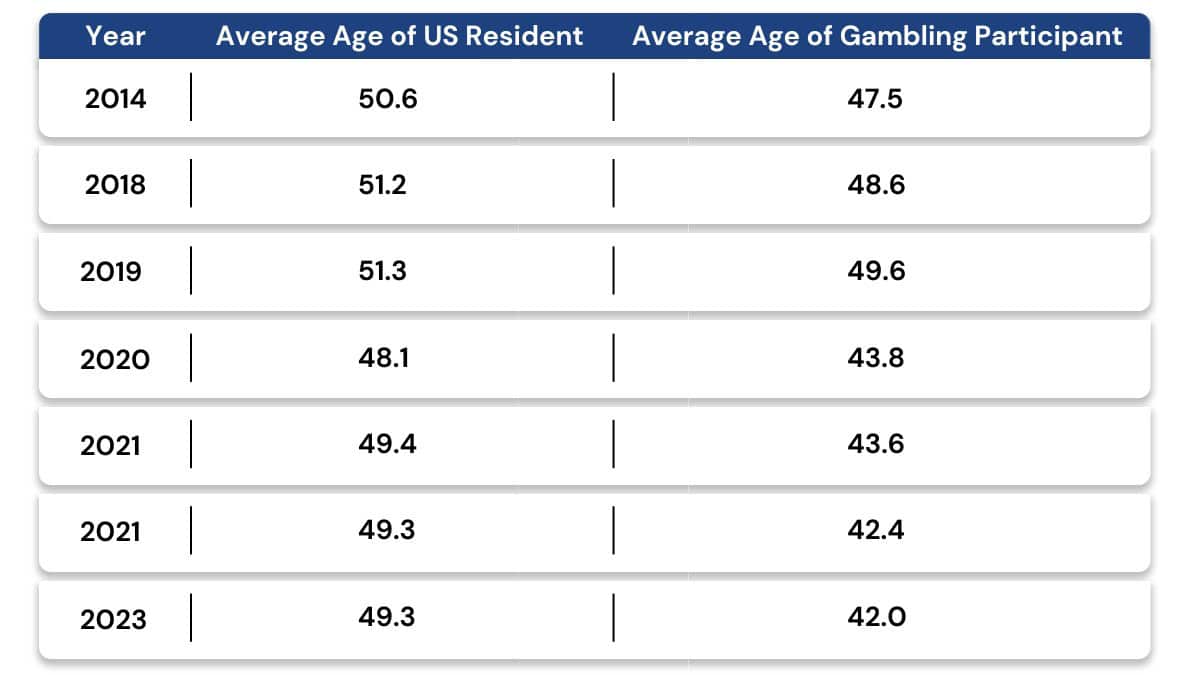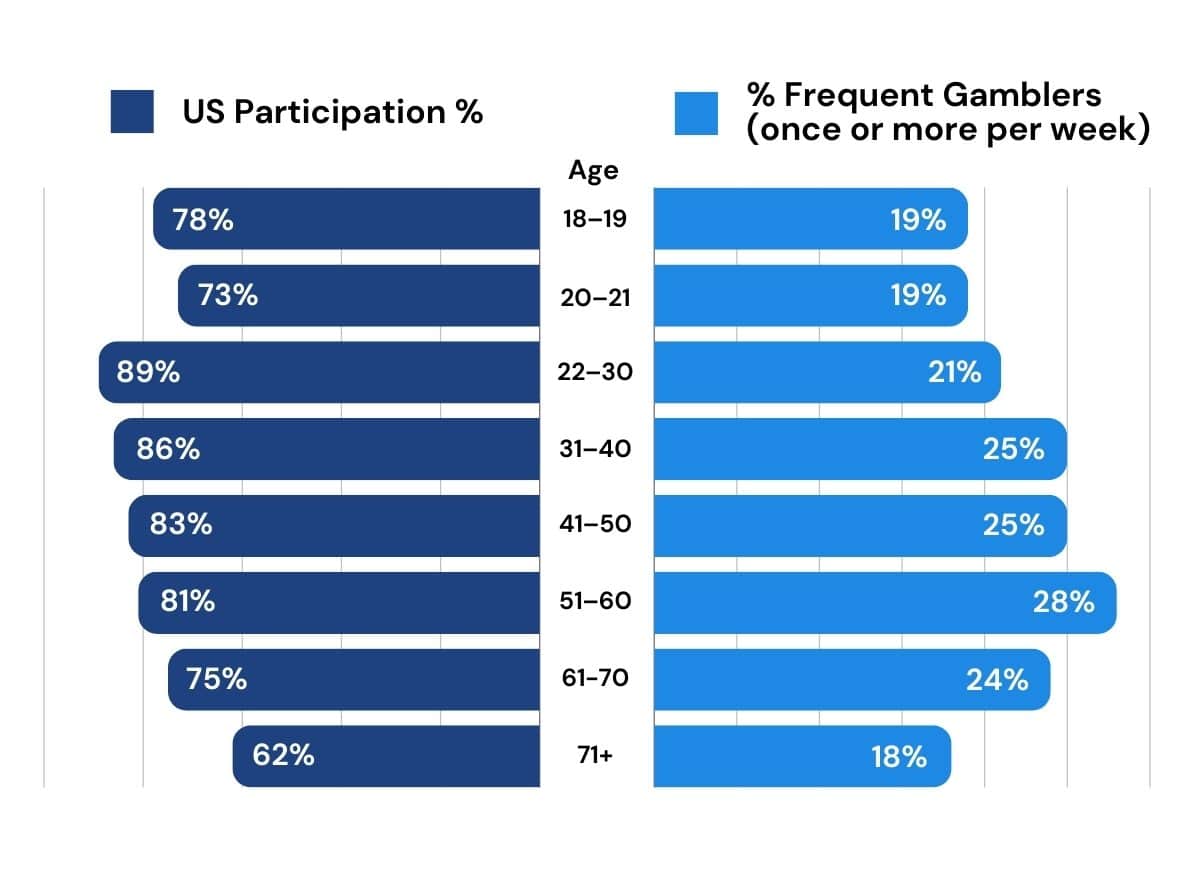The Middle Ages, known for its castles, knights, and battles, was when people enjoyed many different sports and games.
These activities were far more than ways to pass the time—some sports helped knights prepare for combat, while others gave peasants and nobles a chance to relax, bond, and enjoy community gatherings.
Today, we’ll explore the world of medieval sports and games, how they were played, who took part, and why they mattered.
You’ll also see how many medieval activities, like jousting, archery, and storytelling, still influence today’s sports and games.
Let’s take a step back in time to learn more about the fun and competition of the Middle Ages.
Key Takeaways
- Medieval sports helped knights prepare for battle and united people to celebrate and compete.
- Many modern sports, like soccer, cricket, and chess, started as medieval games, showing how these activities have lasted and changed over time.
- Medieval sports matched society’s structure, with nobles enjoying fancy games like tennis and falconry while common people played games like wrestling, stoolball, and mob football.
A Journey into the History of Medieval Sports
Medieval sports arose from practical needs, entertainment, and social interaction.
War, religion, and a strict feudal hierarchy shaped life in the Middle Ages. However, moments of joy and leisure were found in the spirited competitions and games that brought communities together.
There were practical sports that helped men prepare for battle and stay strong, while others were simply for fun, enjoyed by nobles and common people.
In medieval times, the feudal system shaped society.
Lords ruled over land, and in return, they had to provide soldiers to their king.
Knights were a big part of this system, and they needed to be ready to fight at any time.
To maintain their skills, many sports were designed to improve weapon handling, horseback riding, and physical strength.
Jousting, tournaments, and archery contests became training exercises and public events where knights could show their bravery and gain fame.
Winning a tournament or excelling in archery could bring a knight honor, wealth, and social advancement.
At the same time, the Middle Ages were full of community spirit.
Surprisingly, people had a lot of free time compared to later centuries.
Besides Sundays, they often had about eight weeks off every year for religious holidays and festivals.
During these breaks, villages and towns came alive with celebrations, games, and competitions.
In villages, people played simple ball games or wrestling matches.
In towns, bigger events like tournaments drew large crowds, with knights showing their bravery and skill.
List of Medieval Sports and Games
Sure, medieval sports were entertainment, but they also reflected the era’s priorities and culture.
Many games were designed to sharpen combat skills, strengthen physical endurance, and encourage competition.
The noble elite and commoners participated in sports, though the activities often differed by class.
Here’s a detailed look at the most popular medieval sports and their significance.
Archery
Archery was one of the most popular and essential sports during the Middle Ages, as it was a crucial military skill.
In 1252, English law required all men aged 15 to 60 to practice archery regularly.
Designated training areas, called “Butts,” were established in villages and towns.
Archery contests were common and attracted participants from all levels of society.
The importance of archery is best seen in historical battles like the Battle of Crécy in 1346.
At Crécy, English longbowmen devastated the French army, killing around 2,000 French knights and soldiers while the English lost only 50 men.
Archery contests also became a way for commoners to gain recognition for their skill and accuracy.
Jousting Tournaments
Jousting was one of the most iconic sports of the Middle Ages, especially among the nobility.
Knights would charge at each other on horseback, using long lances to try and unseat their opponent.
These tournaments were dangerous and incredibly prestigious.
Victorious knights could gain wealth, titles, and even social advancement.
Jousting tournaments were grand public events, often held to celebrate important occasions like royal marriages or victories in battle.
Knights trained for these events using techniques like quintain and pell practice, which involved striking targets with their lances to improve accuracy and strength.
Winning a jousting tournament could greatly enhance a knight’s reputation and career, so it was a highly competitive sport.
Tournaments
Tournaments were broader combat events compared to jousting and often involved multiple participants in mock battles.
These events allowed knights to showcase their skill with various weapons, such as swords, daggers, and battle axes.
Unlike modern sports, medieval tournaments had few rules, often leading to severe injuries or fatalities.
Tournaments allowed lords to demonstrate their wealth and power while rewarding their most loyal knights.
The events were also a form of military training, allowing knights to practice combat techniques in a controlled environment.
Colf
Colf, the predecessor of modern golf, was a favorite pastime among the nobility.
This sport involved hitting a ball across large open fields toward a specific target.
Colf, as you can guess, was an elite game reserved for those with the time and resources to play.
It was less structured than modern golf, but its emphasis on precision and technique set the foundation for the sport we know today.
Falconry
Falconry was a sport exclusively enjoyed by the noble class.
It involved training birds of prey, such as hawks and falcons, to hunt small animals like rabbits, foxes, and birds.
Falconry requires extensive training for the bird and its handler, making it an expensive and time-consuming activity.
This sport was seen as a symbol of wealth and refinement, as only nobles could afford the necessary resources.
Mob Football
Mob football was a chaotic and highly physical game played by commoners.
It involved entire villages or towns competing to move a ball into the opposing team’s goal, which could be several miles away.
There were virtually no rules, and the game often devolved into violent fights.
The large number of players and the lack of structure made mob football exciting yet dangerous.
Despite its chaotic nature, the game was deeply rooted in community pride, with villages taking great pride in their victories.
Mob football is considered a precursor to modern sports like soccer and rugby.
Bowls
Bowls were a popular medieval sport enjoyed by nobles and peasants.
The game involved rolling a ball toward a target, requiring precision and control.
There were several variations of bowls, some resembling modern ten-pin bowling and others similar to boules or pétanque.
It was a relaxing yet competitive activity that brought people together in their leisure time.
Shinty
Shinty was a fast-paced game similar to modern hockey.
It was played in rural communities and involved teams using sticks to hit a ball toward a goal.
The game required teamwork, agility, and quick reflexes.
Shinty was particularly popular during festivals and gatherings, where it brought communities together in friendly competition.
Stoolball
Stoolball was one of the earliest forms of cricket.
It involved hitting a ball with a bat and protecting a “wicket,” which was often a stool, giving the game its name.
Players would score points by running between two stools or hitting the ball far enough to avoid being caught.
Stoolball was not limited to one set of rules and varied widely across regions. Therefore, it was adaptable and easy for people of all ages to play.
It was particularly popular during festivals and gatherings, where its simplicity made it accessible to everyone.
While it started as a rural pastime, stoolball eventually gained recognition among higher classes and became a precursor to modern cricket.
Hammer-Throwing
Hammer-throwing was a test of sheer physical strength and a popular sport among medieval peasants.
Participants used heavy hammers, often made of iron or stone, and competed to see who could throw them the farthest.
This sport demanded power and technique, as throwing a heavy object required a balance of force and control.
Hammer-throwing events often occurred during local fairs and festivals, where large crowds gathered to cheer on the competitors.
While primarily a rural sport, it also had roots in military training, as the skill of throwing heavy objects could be useful in battle.
Horseshoes
Horseshoes was a simple yet entertaining game in which players threw horseshoes at a target, usually a metal stake driven into the ground.
The goal was to land the horseshoe as close to the stake as possible, ideally wrapping it around the post for a “ringer.”
The game required precision, focus, and a steady hand, making it a relaxing yet competitive activity.
Horseshoes were particularly popular among commoners, as they were easy to set up and required minimal equipment.
It was often played in village squares or during festivals, where participants of all ages could join in.
Horseshoes remains a popular pastime, with many of its medieval roots still intact.
Skittles
Skittles was an ancestor of modern bowling and a favorite game in the Middle Ages.
Players used a ball or stone to knock down a set of pins, often simple wooden blocks.
The game could be played indoors or outdoors, depending on the space available, and was accessible to people of all social classes.
Skittles required accuracy and strategy, as players had to carefully aim their throws to knock down the maximum number of pins.
It was a common sight at medieval fairs and taverns, where it provided both entertainment and competition for locals.
The game’s simplicity and the minimal equipment needed made it a widespread pastime across Europe.
Quarter-Staff Contests
Quarter-staff contests were intense physical competitions where participants used long wooden staffs, often about six to eight feet long, to fight each other.
The goal was to strike the opponent while defending oneself, making it both an offensive and defensive sport.
These contests required strength, quick reflexes, and precise movements, as a single misstep could lead to a heavy blow.
Quarter-staff fighting was also a form of combat training, preparing men for real battles where similar techniques might be used.
It was popular among peasants and soldiers, as the staff was a readily available weapon and a practical tool for self-defense.
Quarter-staff contests often took place at village festivals and were a crowd favorite due to their fast-paced and intense nature.
Wrestling
Wrestling was one of the oldest and most widespread sports of the Middle Ages.
It was a physical contest where two participants grappled to try to pin each other to the ground or force the other to submit.
The sport was popular across all social classes, from peasants in rural villages to knights in royal courts.
In rural areas, wrestling was often part of festivals and communal gatherings, while in noble circles, it could be part of formal competitions.
Wrestling matches varied in style and rules depending on the region, but they were always exciting to watch and participate in.
The simplicity of the sport, requiring no equipment, ensured its popularity across Europe.
Gameball
Gameball was a simple and widespread ball game played in various forms across medieval Europe.
The rules of the game were loose and often improvised––players would use their hands, feet, or even sticks to move the ball toward a goal, often marking out boundaries with whatever was available.
Gameball was popular because it required minimal equipment, usually just a leather or stuffed ball.
The game could be played casually in small groups or as a large competition between villages, similar to mob football.
Gameball’s versatility and simplicity made it one of the most common recreational activities of the Middle Ages, laying the groundwork for modern sports like soccer and rugby.
Specialized Sports and Games
Medieval sports were not limited to physical competitions.
Specialized games and cultural activities often reflected the interests of the nobility or served specific purposes, such as political diplomacy or intellectual stimulation.
These activities provide a glimpse into the more refined and social side of medieval life.
Tennis
Tennis was an elite sport during the Middle Ages, played mostly by nobles on private courts.
The game is believed to have originated in France, where it was known as “jeu de paume,” meaning “game of the palm,” as it was initially played with bare hands before rackets were introduced.
Tennis quickly spread to England, where it became a favorite pastime for kings and nobles, but it took longer to gain popularity in places like Switzerland.
Tennis courts were built inside castles and manors, and the enclosed spaces allowed wealthy players privacy and exclusivity.
The game required skill, precision, and endurance, which made it a favorite among the nobility, who saw it as a way to compete while socializing.
Over time, tennis evolved into the modern version we know today, but its medieval roots can still be seen in the game’s emphasis on skill and strategy.
Shooting Festivals
Shooting festivals were some of the most important events in the Old Confederacy.
These contests often included archers and harquebusiers (early firearm users) and attracted participants from all over Europe.
One of the most famous events was the “Freischiessen,” held in Zurich in 1504, which saw over 360 archers and 450 harquebusiers compete.
These festivals were also opportunities for diplomacy.
For example, the Zurich festival helped build relations with Emperor Maximilian and southern German cities after the Swabian War.
Competitions often lasted weeks and drew large crowds, with participants competing for prizes that sometimes included money, goods, or political recognition.
Lotteries were often held to fund these massive events; in Zurich, around 23,000 people participated in the lottery for the shooting festival.
Shooting festivals showcased the military importance of archery and early firearms while serving as large-scale social gatherings.
Cultural and Recreational Activities
Beyond physical and competitive sports, medieval society also enjoyed more intellectual and creative pastimes.
These activities were accessible to many people and reflected the era’s love for storytelling, strategy, and games.
Chess
Chess became one of the most popular intellectual games in the Middle Ages after being brought to Europe during the First Crusade.
Nobles particularly enjoyed chess because it mirrored medieval power structures, with pieces like kings, queens, and knights representing the dynamics of real-life politics and warfare.
The game was valued for its ability to teach logic, strategy, and planning.
Over time, chess spread beyond the noble class and became accessible to commoners, with simpler boards and pieces made from materials like wood and stone.
The original pieces, like the elephant or chariot, were gradually replaced with Western equivalents, such as the bishop and rook, reflecting the culture of medieval Europe.
Board Games
Board games were another favorite pastime in medieval society, enjoyed by people across all classes.
Popular games included Nine Men’s Morris, Hnefatafl, and Alquerque, all of which had simple rules but could become highly strategic.
Nine Men’s Morris resembled modern tic-tac-toe but was more complex, requiring players to move pieces across a board to form “mills” and remove their opponent’s pieces.
Hnefatafl, a Viking-originated game, involved a king and his defenders trying to escape attackers.
Alquerque, the ancestor of modern checkers, was played on a square board with diagonal lines, and players tried to capture their opponent’s pieces by jumping over them.
Boards were often carved into stone or made of wood, with game pieces crafted from materials like bone, pottery, or ivory, depending on the player’s wealth.
Although these games were fun, gambling often accompanied them, leading to Church disapproval due to the fights and disputes gambling sometimes caused.
Storytelling and Flyting
Storytelling was one of the most beloved cultural activities in medieval society.
Oral storytelling allowed even the illiterate to enjoy epic tales and romances, which were often performed by traveling minstrels or storytellers in markets, castles, or village squares.
Stories like the Arthurian romances featuring King Arthur, the Knights of the Round Table, and magical elements like Excalibur and the Holy Grail were especially popular.
These tales often taught moral lessons while offering entertainment and escapism from the hardships of daily life.
Another unique form of medieval entertainment was flyting, a ritualized exchange of insults between participants, often done for humor or competition.
Flyting was enjoyed by nobles and peasants alike and required wit, quick thinking, and creativity to craft clever and cutting remarks.
The Enduring Influence of Medieval Sports and Games
Many medieval activities, like archery contests, stoolball, and mob football, grew into the modern sports we enjoy today, such as cricket, soccer, and golf.
While the games have changed over time, their roots in the Middle Ages still show how much they shaped the sports we know now.
Even pastimes like storytelling and chess, which were popular in medieval times, still influence how we entertain ourselves, challenge our thinking, and connect with others.
The real legacy of medieval sports is how they brought people together—whether through teamwork, friendly competition, or community celebrations.
And interestingly, when we play games, watch sports, or share stories, we continue traditions that began hundreds of years ago.
Bonus: if you enjoyed this article, perhaps you might like to dive into the complete history of scuba diving.



